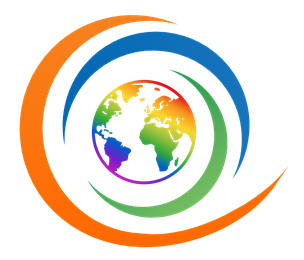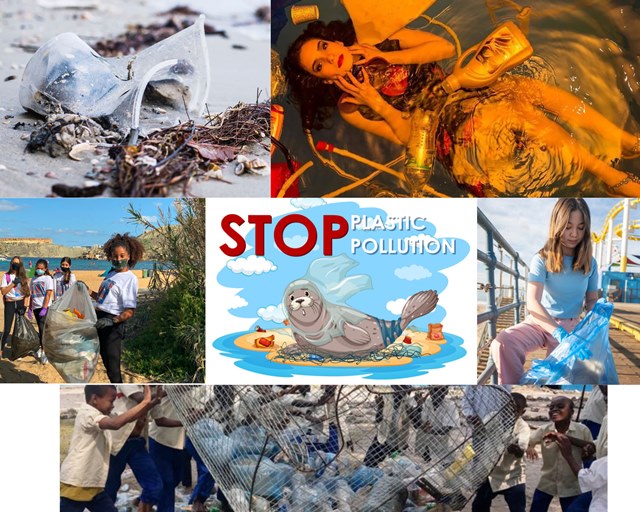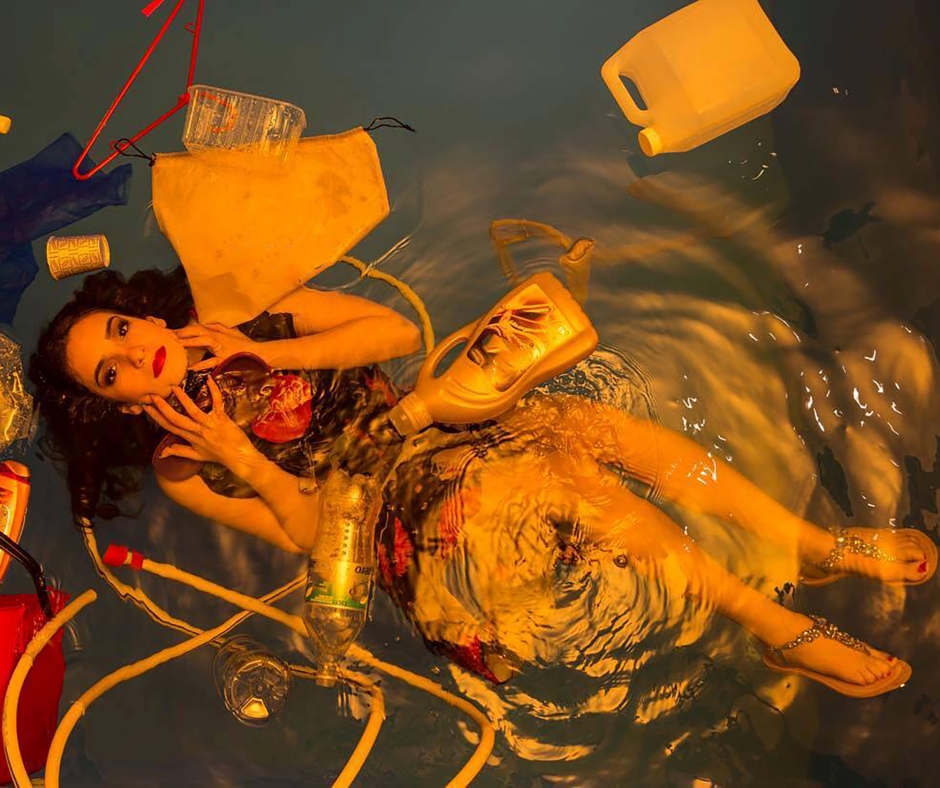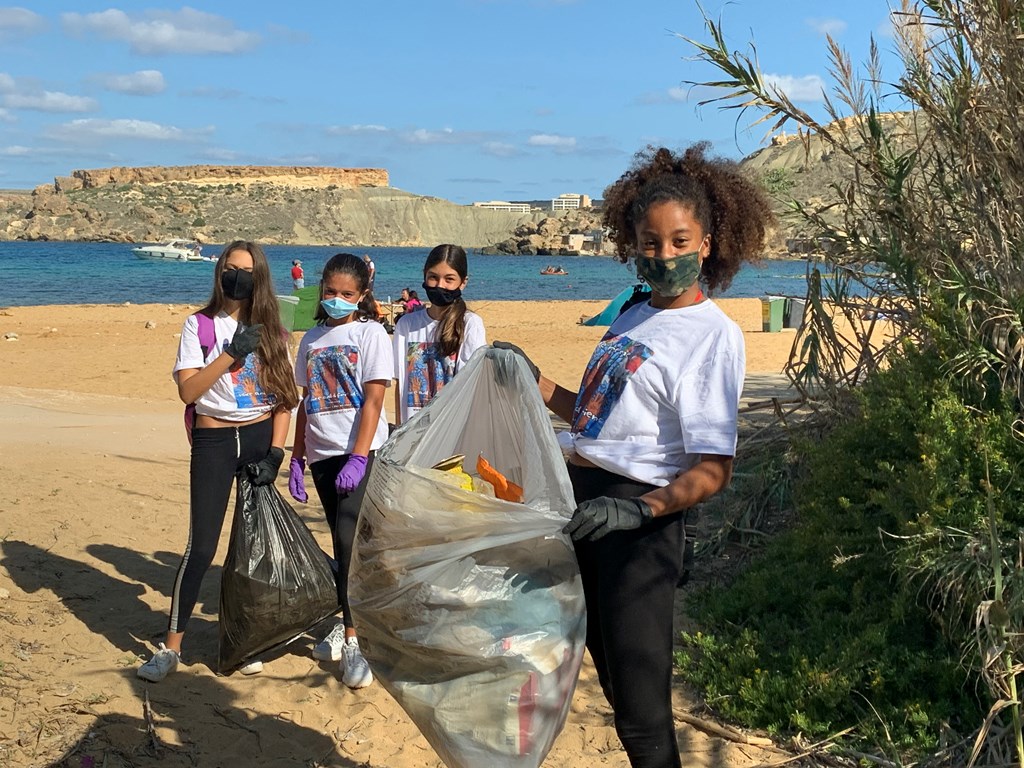STOP PLASTIC POLLUTION
Protecting oceans and animals - safeguarding nature and the environment

Green Nexus - Benin City, Nigeria, Africa


We cooperate with the association Ozeankind e.V. in Tansania and on the island of Zanzibar (Africa): https://ozeankind.de/. It is run by Marina & Michael Schmidt, who are the board and founders of the association. They are from Germany and have found their environmental mission on the island of Zanzibar.
The organization installs so-called recycling swop stores there.
We at Voice Aid welcome and support this young initiative that helps to empower children - create jobs - remove plastic waste from beaches - recycle it and thus return new products to the cycle.
A swop store is a barter store. For children. And without exception. Our store is about making the topics of environmental protection and recycling tangible for as many children as possible. That's why we want to give the topic of environmental protection a meaning and the material plastic a value.
In a swop store our protégés cannot get money or sweets, instead there are THINGS like shoes, school utensils, cuddly toys, soccer jerseys, balls, toys, hygiene items. In addition, there are snacks and water for all children.
Empowering children. Create jobs. Remove plastic waste. Give something back.
By VOLUNTARILY collecting and handing in the plastic bottles, children can choose things they want (without paying attention to what it costs). Things that they need or that they simply enjoy, like every other child on this planet. Above all, things that the kids themselves have wished for (and that is very important to us!) and which they unfortunately often can hardly buy - either because they are missing on the island or because they lack the money for it. Great things like stuffed animals, coloring books, pencils, all kinds of school stuff, hijabs, shoes, toy cars or soccer shoes.
We create WORKING PLACES in the store.
We deliberately gave these to women from the village. Unfortunately, the role of women in Tanzanian society is still very conservative. Basically, the man has more rights in a relationship and is higher-ranking. The woman takes care of the household and the children. That's it.
REMOVE plastic bottles from nature and RECYCLE them as best as possible.
Less waste, less environmental & health damage. More environmental awareness and higher environmental education of the children. Our project partner takes care of the collection of the bottles and at the same time prepares the recycling, which is then done on the mainland by another company. The lids of the bottles (plastic HDPE) stay on the island and are upcycled into wonderful new products.


